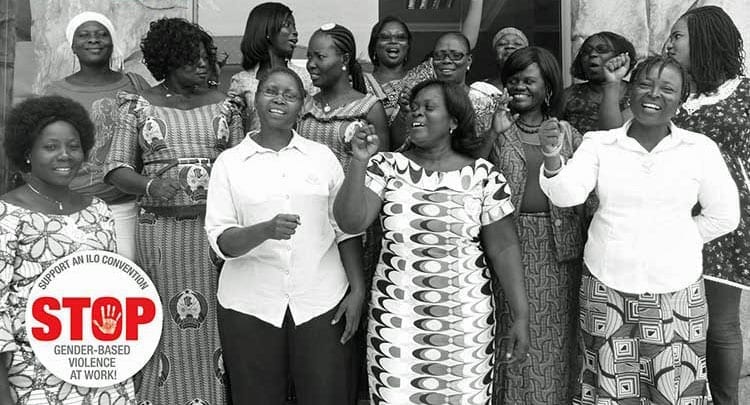As a young woman working in her company’s IT department, Jayne Muthoni Njoki was frustrated by what she says were employer attempts to push her around because of her youth and sex. But rather than quit her job, which she contemplated, she ran for a leadership position...

The Solidarity Center assists workers in the informal economy, such as market vendors in Zimbabwe, come together to assert their rights and raise living standards. Credit: ZCIEA
Campaign Vows to End Gender-Based Violence at Work
No global data document gender-based violence at work. But across the board, gender-based violence remains one of the most tolerated violations of workers’ human rights. Some 35 percent of women over age 15—818 million women globally—have experienced sexual or...
Mexican Domestic Workers Launch Job Contract Campaign
The Mexican domestic workers union, SINACTRAHO, last week launched a far-reaching campaign to ensure domestic workers across Mexico are covered by employment contracts. “Our goal is to have 10,000 workers sign a formal contract with their employers, in time for...
No Results Found
The page you requested could not be found. Try refining your search, or use the navigation above to locate the post.



